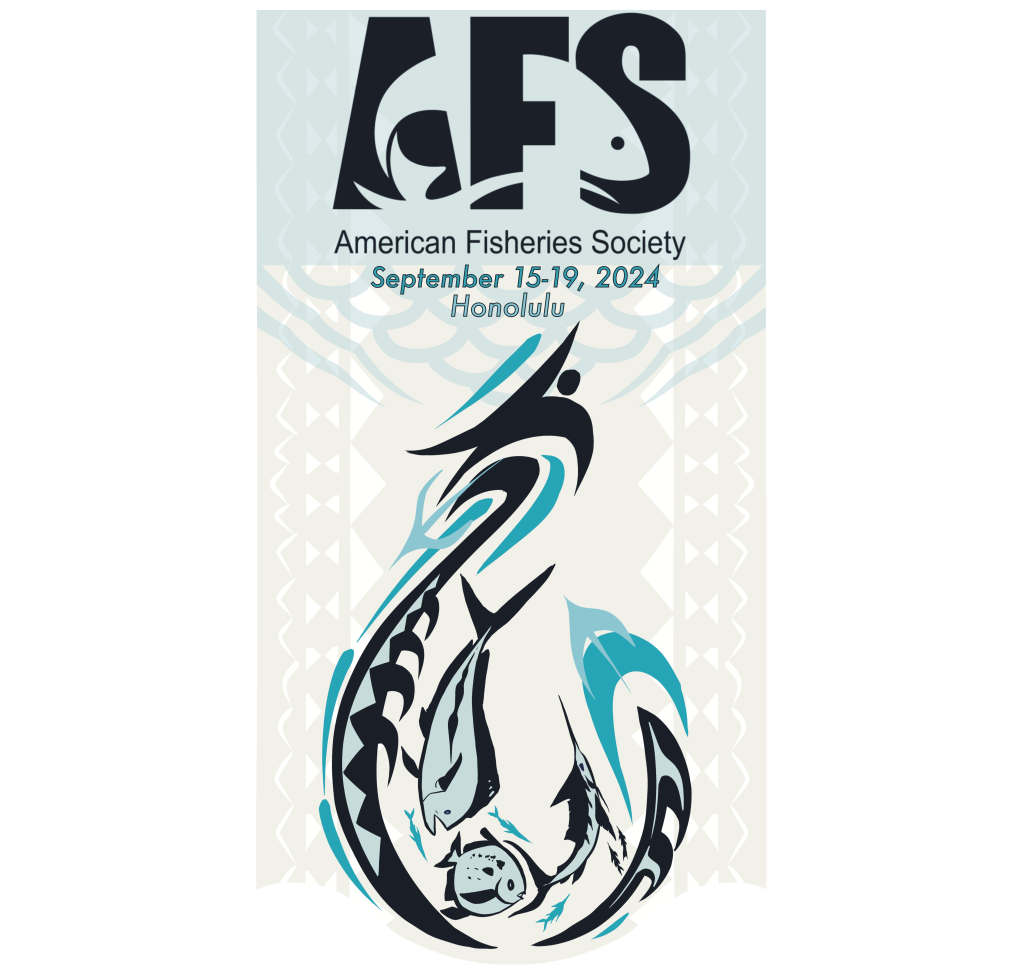Connectivity to facilitate fish movements need a wholistic approach to ensure life history requirements for fish are met. Climate change especially can present challenging conditions considering fish may need access to a variety of habitat types to adapt. We invite case studies, and other perspectives with a watershed basis for restoring connectivity and watershed function. Submissions may include solutions or problems, challenges related to data collection and modelling, land management and uses, human wellbeing, endangered species recovery, and restoration techniques to name a few.
Organizer: Sharmila Jepsen, Bureau of Land Management, Department of the Interior, [email protected]
Co-organizer: Daniel Dauwalter
Supported by: Bureau of Land Management; Trout Unlimited
